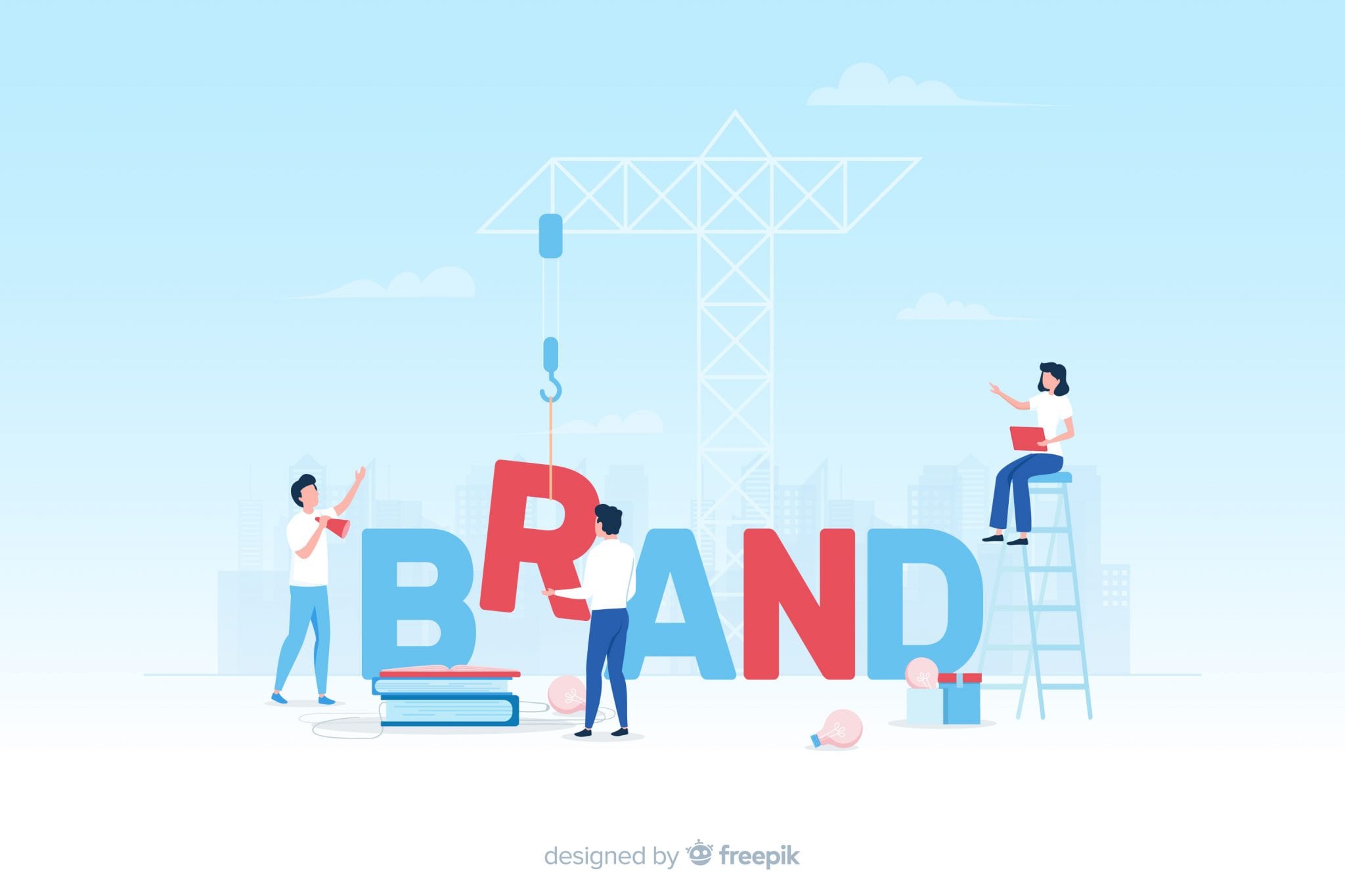Your brand is one of the most important assets you have at your disposal, and it’s well worth the time taken to understand how it operates, how you can strengthen it and how you can avoid weakening it.
What is a brand?
When you think of your brand, you likely think about your branding: posters, fonts, slogans and logos. Direct and conscious advertising. You might also think about corporate Twitter accounts that can engage directly with your customers in a ‘voice’ designed to express the identity those corporations want to embody.
In truth, what makes up your brand is a complicated group of almost every decision you can take about your company. What you have to internalise is the difficult truth that businesses don’t build brands. Customers build brands.
In reality, your brand is a constructed identity that customers create in their heads based on every interaction they have with your company. This means your brand has the potential to be subtly different for each customer, as they’ve all had subtly different experiences.
You can influence your brand, trying to ensure your customers all think the ‘right’ thing about your company, but you need to be aware of all the different factors you need to take into account: not just advertising, but price point, the experience customers have in store, how they’re greeted when they call your helpline and how easy it is to get a refund. All of these experiences, first and second hand, go towards the identity customers assign your company.
The Most Important Value
Whatever key qualities you want your brand to embody – whether you want to be seen as experts in your field, as offering value for money or luxury, status building experiences – the most important one, and the only non-negotiable one is consistency. If your brand is pulling in two different directions, then it’s weakened. You could have one of the most creative ad campaigns on the market, but if it’s making promises that contradict the rest of your marketing to date, then it’s just going to confuse people.
When you’re making marketing plans and briefing agencies, it’s important to discuss your brand with them so they can ensure the ads they design and place are consistent with your brand’s values. It’s not just important for a creative agency: the placement of ads can affect your brand as well. An advert in the Daily Mail has implications for what customers think of your business, different ones to if it was placed in the Telegraph.
When your business, adverts and where they’re placed are all pulling in the same direction you’ll be well placed to boost your brand’s strength in 2020.







